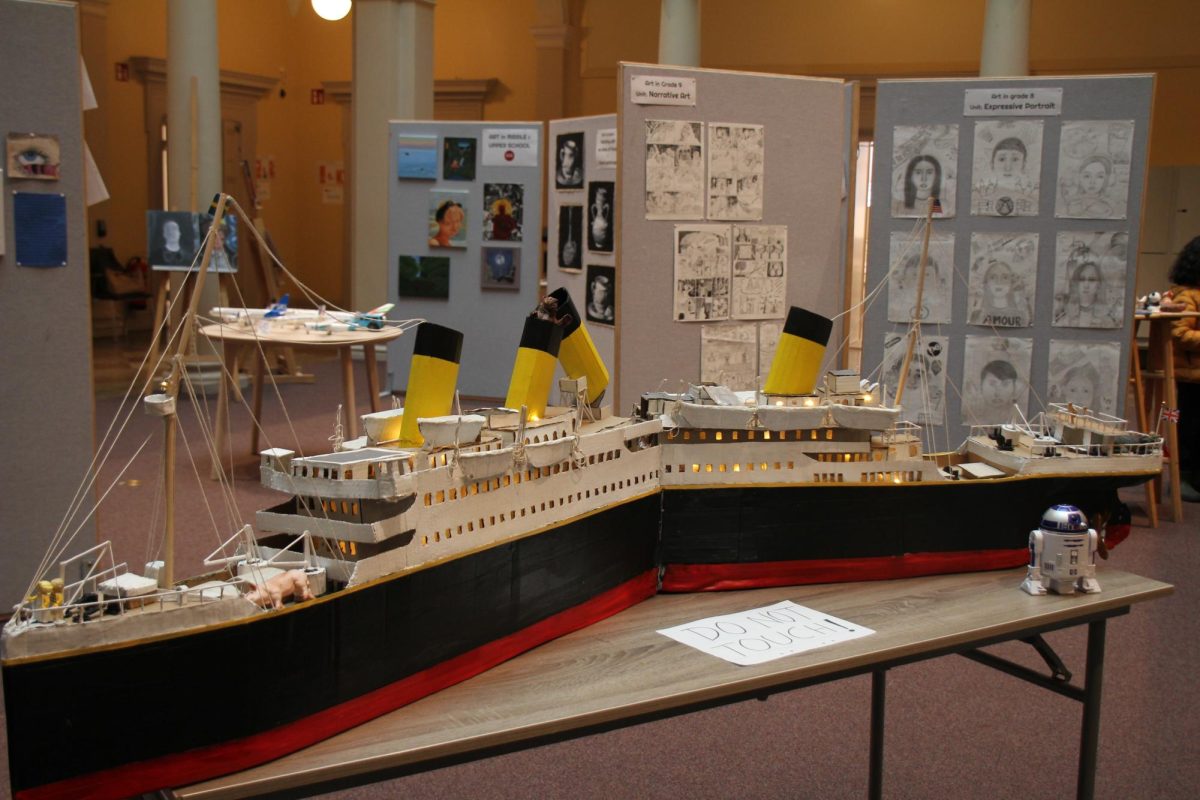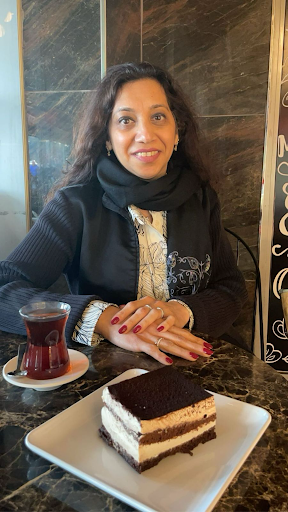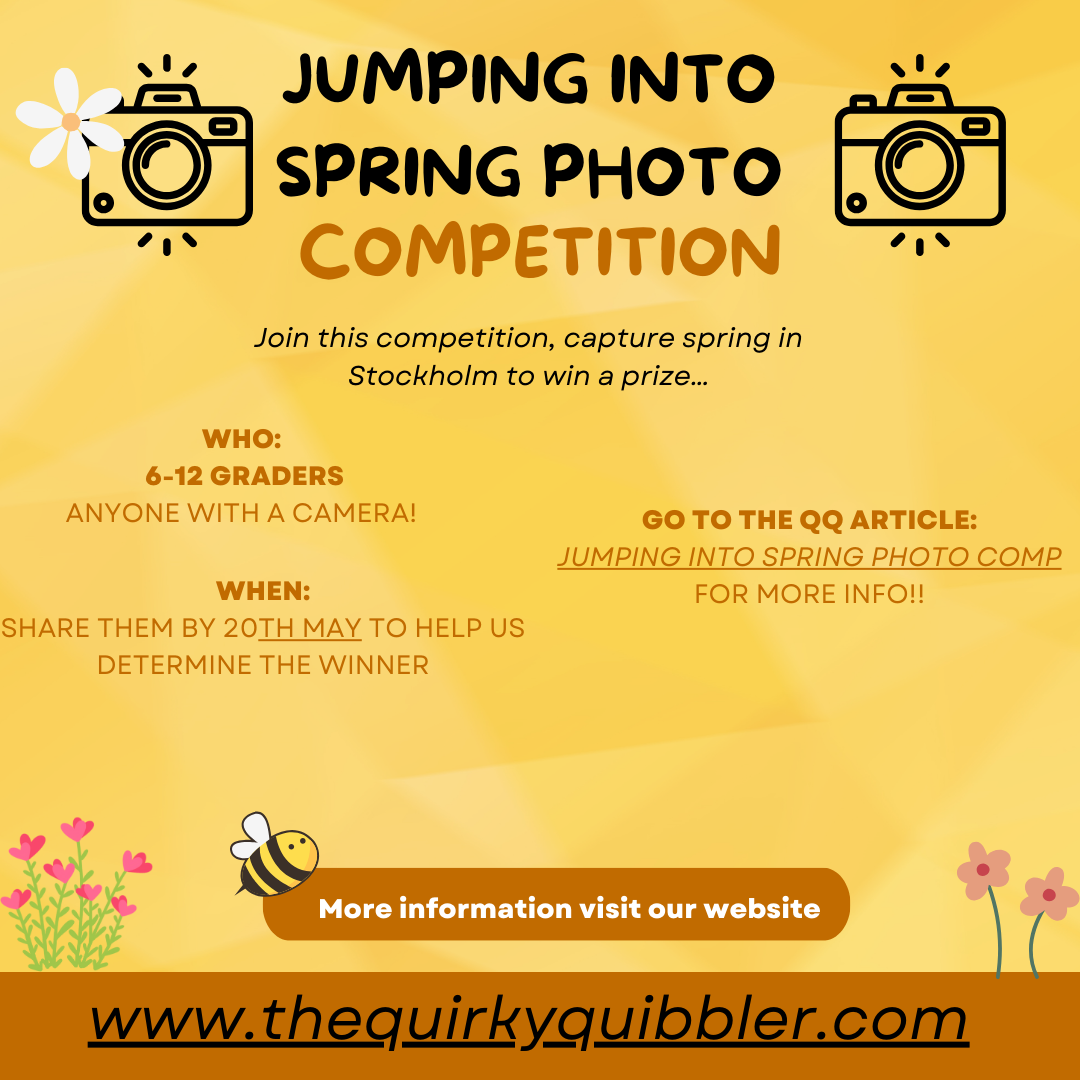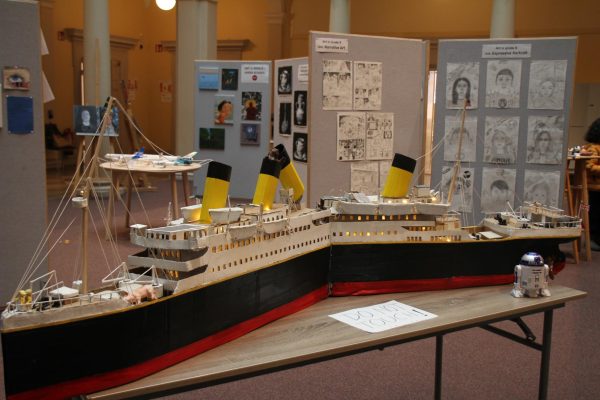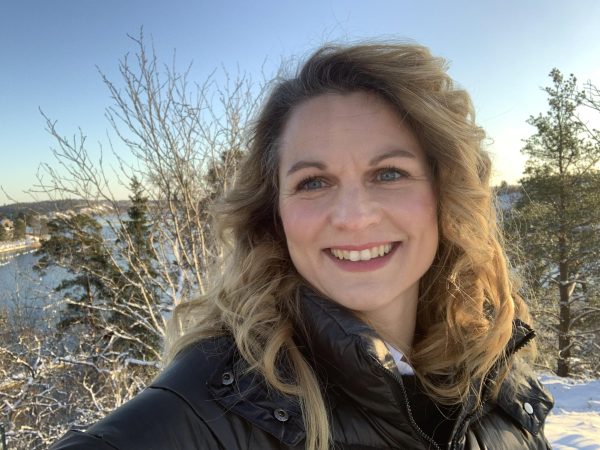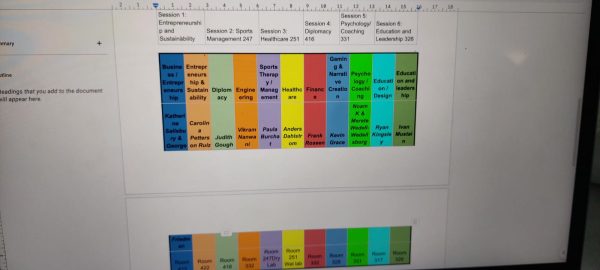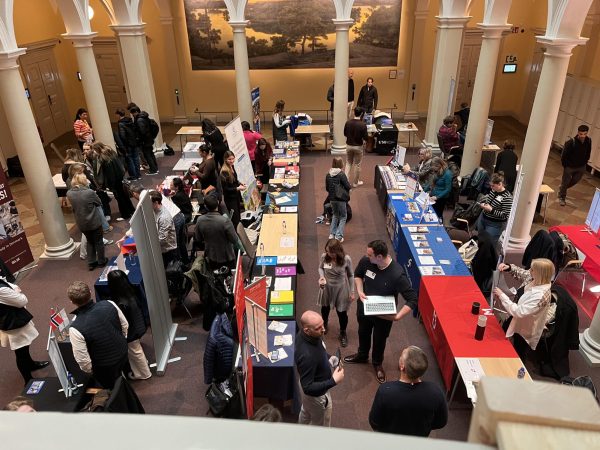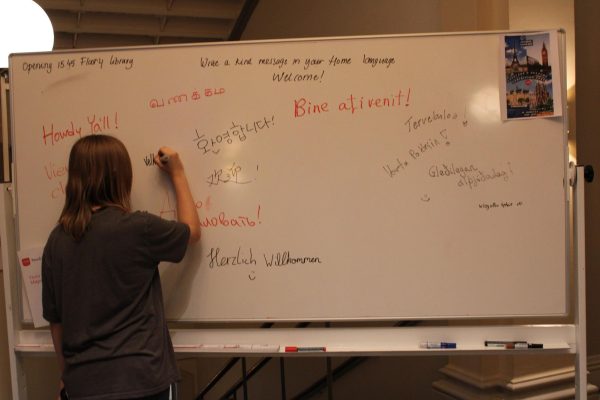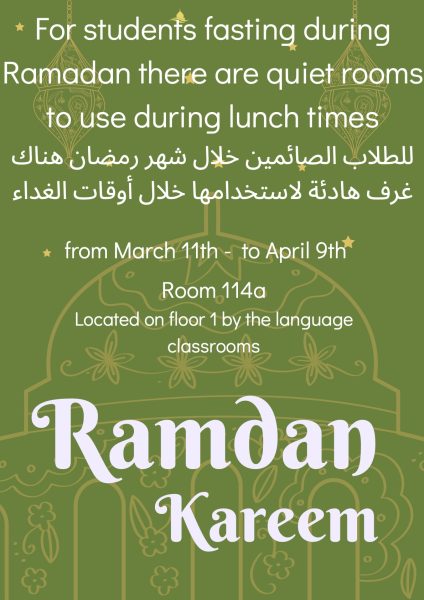Debate, Decisions and Dealing with Crisis – MUN Budapest
SIS students join MUN in Budapest
December 9, 2016
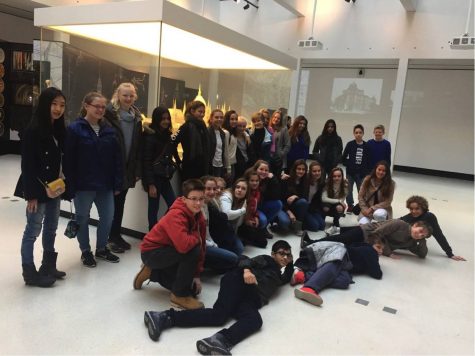 At 6.30 am, 29 tired, nervous and excited students showed up at Arlanda airport. After weeks of preparation it was finally time to attend the YMGE (Yale Model Government Europe) conference in Hungary. At least this time there was no dramatic snow storm stopping us! We arrived mid-day in Budapest and after we checked in we walked around the city and visited the parliament building. It was a beautiful building with golden decor and armed guards.
At 6.30 am, 29 tired, nervous and excited students showed up at Arlanda airport. After weeks of preparation it was finally time to attend the YMGE (Yale Model Government Europe) conference in Hungary. At least this time there was no dramatic snow storm stopping us! We arrived mid-day in Budapest and after we checked in we walked around the city and visited the parliament building. It was a beautiful building with golden decor and armed guards.
Walking into the first session, as most of the SIS students, I was very nervous. I didn’t quite know what to expect. Had I studied the right things? Did I study too little? Would I be too afraid to speak up? All these doubts and concerns for nothing! As soon as I walked into my cabinet I was greeted and introduced to everyone and I realised they were just as nervous as I was, if not more. As we began talking to the other delegates they were talking about what university they had applied to and how their IB exams were going and when I was asked I didn’t know what to say. These other delegates were up to 19 years old! The average age was probably 16-17 which only added to the challenge as our school was definitely the youngest, with 7th graders attending the conference.
Each delegate was assigned a cabinet and council, the cabinet being a country and the council a ministry. There were also specialised committees such as the house of commons, EU parliament and Nato. I represented Portugal as the minister of Education, Youth and Culture. That meant I was not only responsible for all education, culture and youth within Portugal, but also for collaborating with other countries toward common goals. I really enjoyed my position as I am very passionate and have a general interest in the topics discussed, which I believe was a key component in enjoying the conference as much as I did.
The YMGE conference was divided into two parts. The first was a cabinet where you discussed national (Portugal) issues and how to address them by creating resolutions. The second part was crisis mode, where we were hit with different crises and we had to work fast to solve them because, before we knew it, we were hit with a new crisis.
The issue being discussed in my cabinet was “Brain Drain”, meaning that the young, educated and skilled individuals leave the countries because they don’t have enough opportunities. This becomes a huge problem as the young generation is the foundation of any nation’s future. Without the young, there will not be enough to support the elders nor fill the important positions in a country. My minister’s stance on this problem was similar to my own, fix it without causing any more austerity. Improve the situation as soon as possible as the state is critical. This was a very interesting problem which suited our generation as we are the ones to shape the future and we know what would make us leave or stay in a country. We discussed this topic a day and a half, this may seem like plenty of time to solve this issue but really, time just flies by. Before you know it the three hour long first session has come to an end.
In the Portuguese cabinet we came up with a lot of different ideas, 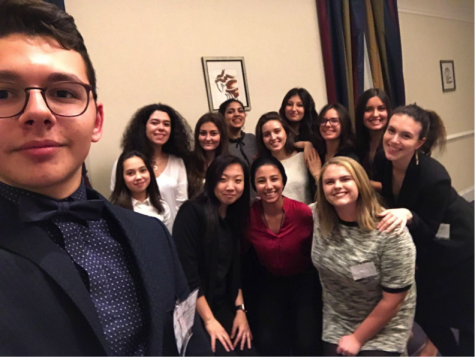 which we all put together to around three resolutions. Our main resolution to tackle the problem regarding brain drain read as follows (in more common language). “Calls upon an expansion within the field of renewable energy in order to boost the economy to later invest in agriculture and telecommunications & transportation”. This resolution was initiated by me, although this was not to benefit my ministry in a direct way, it would in the long term. This could be referred to as a strategic move on my part as I directly included the minister of energy, agriculture, finances, labour, telecommunications & transportation. This resolution collected all of their opinions and put together by my ministry. The supporting arguments for this resolution were that Portugal had the leading record of relying on renewable energy (107 days), that all the following fields would create more jobs and more income to solve the 241 billion euros in debt situation.
which we all put together to around three resolutions. Our main resolution to tackle the problem regarding brain drain read as follows (in more common language). “Calls upon an expansion within the field of renewable energy in order to boost the economy to later invest in agriculture and telecommunications & transportation”. This resolution was initiated by me, although this was not to benefit my ministry in a direct way, it would in the long term. This could be referred to as a strategic move on my part as I directly included the minister of energy, agriculture, finances, labour, telecommunications & transportation. This resolution collected all of their opinions and put together by my ministry. The supporting arguments for this resolution were that Portugal had the leading record of relying on renewable energy (107 days), that all the following fields would create more jobs and more income to solve the 241 billion euros in debt situation.
The crisis this year was environmental – that was all we knew before entering the conference. This was challenging, as we had to pass directives and collaborate with other ministries and countries in order to solve them. It started out with the alps melting, then a super virus infecting and killing thousands. Last but not least a terrorist group calling for a total eco-friendly society. These crises were all challenging to deal with but also really proved who had done their research as these decisions needed to be made quickly and from the point of view of your country and ministry. Although the opinions of each country had to be presented, it was a good idea to think outside of the box as well, as the goal was to make the country develop and move forward. Here personal opinion can be very rewarding in the sense that it could be a good base for developing your ministry and helping the country. After all, we are the future and even the future ministers in the positions we play.
Tips for people attending a conference
Stand out! You need to concentrate your research on things of importance. You don’t need to know every law, statistic and policy in place in order to be a good delegate, although it is good to know the necessary policies for the position you’ve been assigned, and some statistics may be helpful. When it comes to persuading your fellow delegates of a resolution or directive you shouldn’t be afraid to speak up. You could have the best ideas and arguments in the room, but if you do not voice them they will not be used. If you have anything to say on the topic you shouldn’t be afraid to do so. If it is wrong it doesn’t matter! Nobody will recognise your ideas if you do not dare to say them. Also, the chairs (the one responsible for your cabinet) are there to help you and you can ask them if you have any doubts by sending a note to them or speaking with them through an unmoderated caucus or a point of parliamentary inquiry. It’s a learning experience for them as well as you and they are happy to help you.
I can highly recommend going to a conference! You develop so much and gain many new skills that can come in handy. You gain a lot of confidence in holding speeches and learn persuasive techniques for speaking and negotiating. Building friendships with delegates from other schools is also fun and you may meet them at other conferences or through international school events. This experience was so enjoyable and really made me keen to learn more about politics and wanting to continue MUN. As demonstrated in this conference we may very well be the future leaders of our nations.



